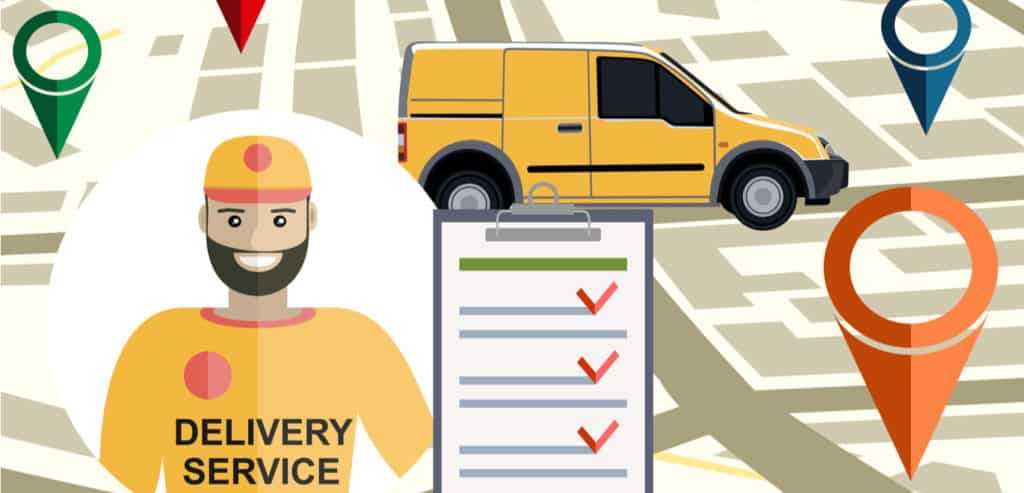It’s been over two years since the fear of a retail apocalypse arose. Believe it or not, retail isn’t dying. Over the past two years, retail sales have increased faster than the GDP. Granted, some retailers have suffered from fundamental changes in the industry, with a colossal amount of stores closed and jobs lost. While store closures may dominate the media, the industry is on the rise as a majority of retailers adapt for the future, address changing consumer preferences, and implement strategies to connect with their customers and serve their new needs.
Andrew Chung, founder of Innovo Property Group
Same-day delivery
As online retail grows, so do consumers’ expectations for convenient, low-cost delivery. Retailers can remain competitive if they can determine how to offer same-day shipping at low prices. Same-day delivery is no longer just a plus but an expectation. In fact, same-day delivery can help businesses gain a competitive edge over 85% of other retail industry players, according to MarketingProfs. In fact, 53% of consumers abandoned an online purchase due to slow delivery times and, after receiving same-day delivery, 74% of consumers were more likely to purchase from that retailer again, according to Dropoff. To stay thrive in the disrupted retail industry, compete with Amazon, and retain customers, online retailers need to prioritize same-day delivery.
The last-mile problem
In order to offer same-day delivery, retailers are faced with the last mile problem. The last mile of delivery is the last leg of shipment in the journey from warehouse shelf to a customer’s door. Last-mile delivery is not only the most important part of the shipping process for consumer satisfaction, but also the most expensive and time-consuming part.
To minimize costs, retailers are implementing innovative strategies such as crowd-sourced delivery startups. However, crowd-sourced delivery startups cannot always provide the dependability consumers seek. On the other hand, traditional delivery providers can satisfy consumers’ preferences by shifting into the retail space and leveraging existing extensive logistics operations.
Urban logistics facilities
To address the last-mile problem with low costs, internet retailers need to be smart with their logistics. Internet retailers can deliver more easily, frequently and reliably by choosing an urban logistics facility. Key benefits of urban logistics facilities include:
- Location, location, location: The ideal location for a logistics facility grants quick access to a large urban consumer base. Delivery is slowed down in rural areas by multiple stops along a route and long distances between stops. A facility such as the Bronx’s 2505 Bruckner, which we’ve invested in, will service more than 9.4 million people in Manhattan, Queens, Brooklyn, Long Island and Connecticut when it opens in 2020.
- Proximity in time versus distance: To solve the last mile problem, delivery proximity should be measured in time rather than distance. How long it takes for goods to get from the logistics facility to the consumer’s doorstep is more important than mileage. Thus, minimal traffic routes and access to major highways and bridges are key.
- Cross-dock capacity: To get products in and out of the site quickly and easily, choose a logistics facility with a layout that provides optimal circulation and throughput. Cross-docking, which involves receiving goods at one door of a facility and almost immediately shipping out through another door, reduces the need for storage of perishable goods and allows for successful shipment of food and beverage.
- Uninterrupted vehicular access: Urban logistics facilities maximize efficiency through uninterrupted vehicular access. 2505 Bruckner, for example, features a two-lane ramp as well as two 130-foot truck courts, on the upper and lower levels, as well as substantial on-site parking for tenants.
Andrew Chung is founder of Innovo Property Group. Prior to launching IPG in 2015, he was a partner at the Carlyle Group in the U.S. Real Estate Fund.
Favorite